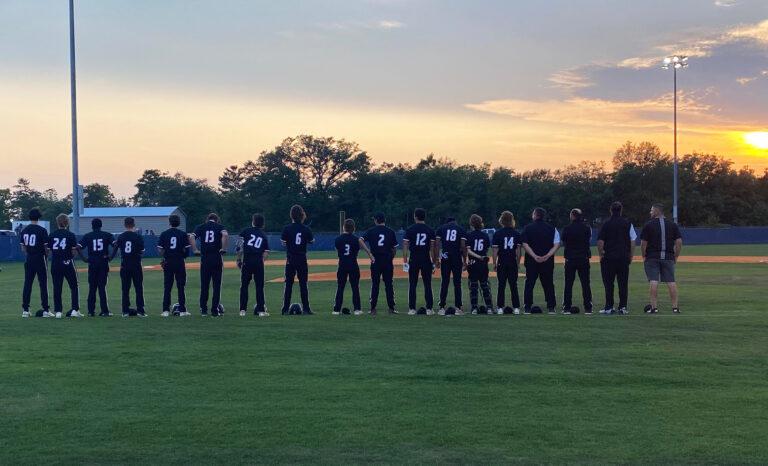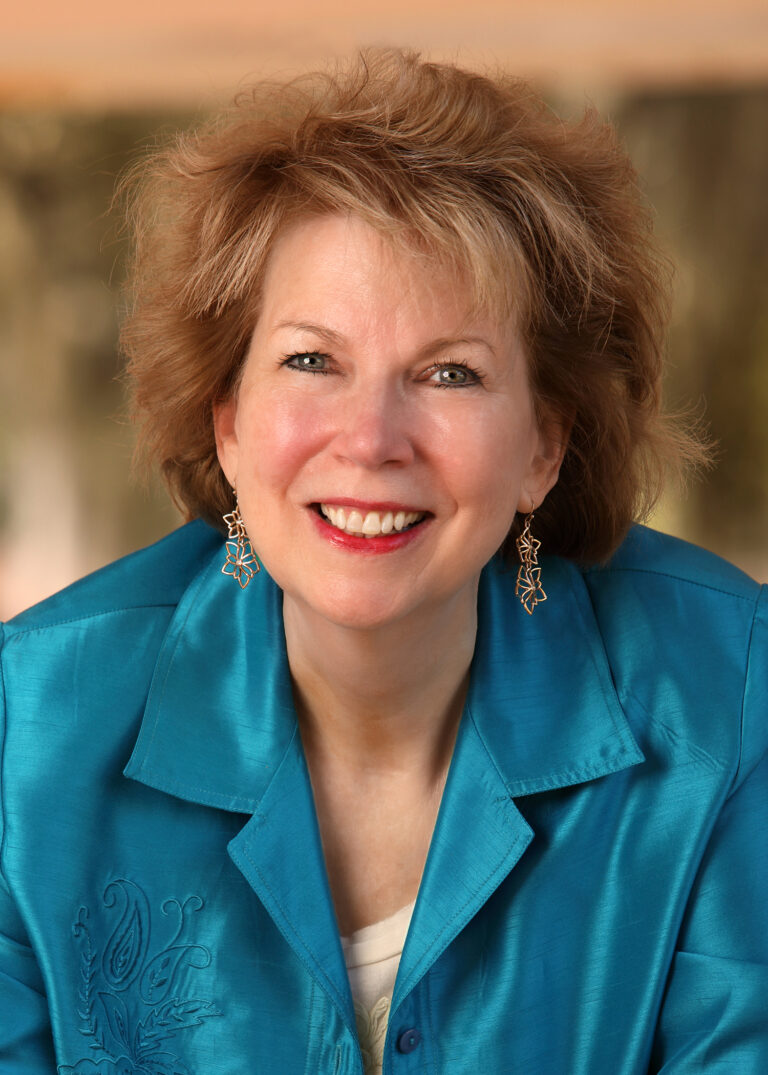Legacy Post Disclaimer
This is a #Legacy post imported from The Apalachicola Time’s previous platform. If you’re experiencing issues with this article, please email us at news@nevespublishing.com.
Weems board nixes dialysis subsidy
The Weems Memorial Hospital board of directors last week voted unanimously to recommend against assisting Gulf County with a subsidy to bring in a kidney dialysis center to the medical office building adjacent to Ascension Sacred Heart Hospital Gulf.
Instead, the motion by board member Kristen Anderson, and seconded by Myrtis Wynn, called for the hospital to look into bringing a mobile dialysis unit to the Weems campus in Apalachicola.
Last month, Franklin County commissioners asked the hospital board to provide a recommendation on whether to take Gulf County up on a proposal for Franklin to provide up to $25,000 per year, for each of the next five years, to assist with Gulf’s $100,000 subsidy, for each of the next five years, to bring in Fresenius Medical Center North America.
Fresenius, the nation’s largest dialysis provider, has proposed putting a facility on the campus of Ascension Sacred Heart into a separately-owned medical office building
Gulf proposed Franklin pay a proportion of the subsidy in keeping with its proportion of patients, not to exceed $25,000 a year. The best estimates are Franklin patients could comprise about a third of the estimated two dozen or more patients who would use the service, rather than continue to drive, or be transported by public transportation, to Tallahassee or Panama City three times a week for dialysis.
County Attorney Michael Shuler advised in a Jan. 11 letter to county commissioners that neither the 2007 ballot measure approved by voters, nor the ordinance that imposed a one-cent healthcare sales tax throughout the county, and which was linked to a pair of inter-local agreements with the two cities, allowed for funds to be spent out of the county.
Rather, he noted, the health care trust fund monies were limited to constructing a medical clinic in Carrabelle, upgrading the ambulance service and funding the construction of a new public hospital facility to replace Weems.
Shuler advised that if commissioners wished to cover the subsidy, they could consider using non-surtax revenues from Weems, drawing on ad valorem tax revenues in the 2022-23 fiscal year budget, or initiating a process to amend the two interlocal agreements, with Apalachicola and Carrabelle, to allow the use of trust fund dollars in Gulf County.
“We believe dialysis treatment is very important,” said Weems CEO David Walker in his report to the hospital board, noting that trust fund monies cannot travel out of the county.
He said he had spoken with Dr. Nancy Dickey, executive director at Texas A&M Rural and Community Health Institute, which had done grant-funded consulting work a couple years ago on revitalizing Weems. She suggested a mobile unit that would be brought in on a regular basis to provide dialysis care.
Dr. Patrick Conrad, who heads the medical staff at Weems, said he had spoken with Jim McKnight, director of the Gulf County Economic Development Coalition, which worked to bring Fresenius to the area after an earlier company, DaVita Kidney Care, closed its doors in Gulf County about a year ago.
“He made a persuasive argument,” said Conrad. “I think if we can help patients with dialysis, and it makes sense economically, that would be great, and if it helps Weems, that’s better.”
Susan Daniels, Weems chief financial officer, said a portable unit onsite here would enable Weems to admit kidney dialysis patients for treatment. “It would allow more patients to remain here with us,” she said.
Board member Dolores Croom noted that she knows of patients here who do their dialysis at home, and sought more information on that.
Walker noted that from a financial standpoint, any Weems operating revenue spent outside the county on a service that is not one of the hospital’s service lines, could not be applied to the hospital’s Medicare cost reports, and thus would not be reimbursable to Weems as part of its status as a critical access hospital.
Daniels told the board that a tightness with Weems operating revenue margins means “we don’t have the ability to use patient-generated revenue.”
She said she had reached out to two mobile dialysis proividers and is in the process of arranging a meeting to discuss their proposals.
“We are looking at everything,” she said, noting that Weems is also investigating mobile MRIs and mammography options as well.






Meet the Editor
David Adlerstein, The Apalachicola Times’ digital editor, started with the news outlet in January 2002 as a reporter.
Prior to then, David Adlerstein began as a newspaperman with a small Boston weekly, after graduating magna cum laude from Brandeis University in Waltham, Massachusetts. He later edited the weekly Bellville Times, and as business reporter for the daily Marion Star, both not far from his hometown of Columbus, Ohio.
In 1995, he moved to South Florida, and worked as a business reporter and editor of Medical Business newspaper. In Jan. 2002, he began with the Apalachicola Times, first as reporter and later as editor, and in Oct. 2020, also began editing the Port St. Joe Star.